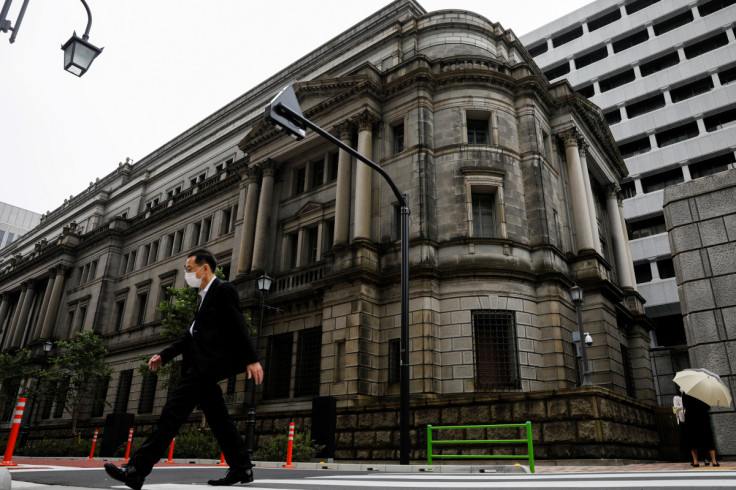Bank of Japan board reshuffle brings in less dovish member

The Bank of Japan has reshuffled its board and brought in a new member seen as more keen to end ultra-low interest rates than his dovish predecessor, potentially tilting the board away from Governor Haruhiko Kuroda's aggressive monetary easing policy.
Former private economist Hajime Takata, and another newcomer Naoki Tamura who joins from a commercial bank, will hold a joint inaugural news conference at 5 p.m. (0800 GMT) on Monday, following their official appointment by the government the day before.
They replace Goushi Kataoka, a former economist who was a vocal advocate of aggressive monetary easing, and former commercial banker Hitoshi Suzuki, whose five-year terms ended on July 23.
The reshuffle precedes a change in the BOJ leadership when Kuroda's second, five-year term ends in April next year. The terms of his two deputies will also expire in March.
Takata, a bond market expert, is considered by markets to be more open to dialing back Kuroda's prolonged and massive stimulus programme, which has been hailed for reviving growth but criticised for causing market distortions.
He once wrote in a research note that the BOJ could come under pressure to consider exiting its ultra-loose policy if the European Central Bank (ECB) follows in the footsteps of the U.S. Federal Reserve in withdrawing monetary stimulus.
That view contrasts with his predecessor Kataoka, who consistently proposed ramping up stimulus by strengthening the BOJ's commitment to ultra-low rates.
The ECB last week hiked rates for the first time in 11 years, joining a wave of central banks tightening monetary policy to combat surging inflation.
That left the BOJ among the few remaining central banks keeping its money tap wide open. Kuroda last week reiterated his resolve to keep interest rates ultra-low, after the BOJ's widely expected decision to maintain an extremely loose monetary policy.
Copyright Thomson Reuters. All rights reserved.





















